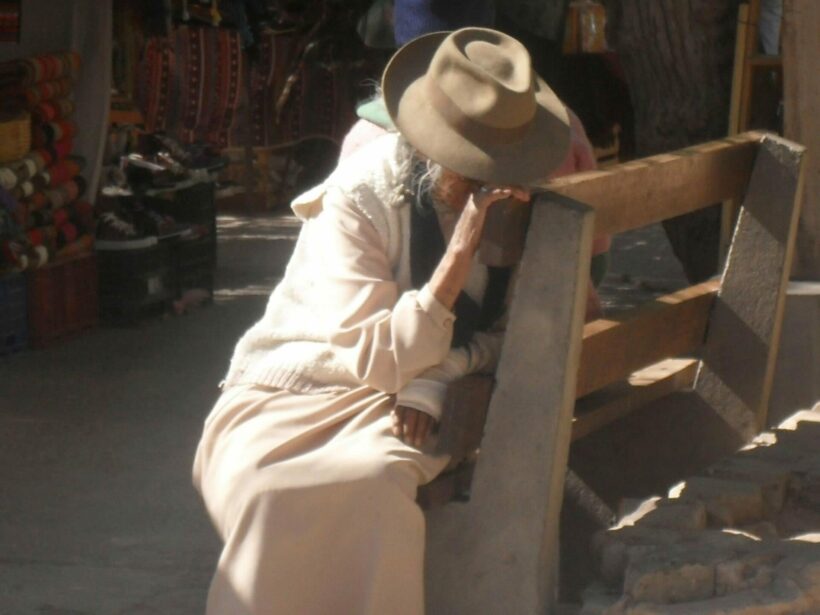From the “southern south” of Latin America, I come to raise my voice for those who are invisible (or a sector of them), who were strong, who created paths, and who grew up with nobility… Those who today are called “older adults”, who are violated by policies that break human dignity, and social bonds, and the implementation of a discourse and practice of exclusion that leave us at the mercy of forced resilience and the reduction of aspirations to meet our basic needs.
By Claudia Mónica Garcia.
I am talking about pensioners, so I looked up their etymology: “The term “jubilation” comes from the end of the 14th century, from the Old French jubilación “jubilation, rejoicing” and directly from the late Latin jubilation (nominative jubilation) “a shout of joy”, a noun of action derived from the past participle of jubilant “to shout for joy”.
Today, in a wise attempt to preserve our nobility, we need to reduce the times, spaces, and decisions to which we have committed ourselves.
It is not a joy to be retired in Argentina.
We are mute witnesses to an obscene indifference to public health, the economy, and retirement – voluntary? – in areas where, as I said, we had agreed to retire, sometimes shamefully.
The tension/conflict that we older adults live in the “South-South” has made us mute in our actions and words, we are subjects subjected to passions where denial reigns as a mechanism, before the fragile illusion of some empathetic people who ask themselves:
How are they going to get by when they receive barely 100 dollars after contributing for more than 30 years?
It is not a joy to be retired in Argentina: the etymology is the opposite of the reality.






